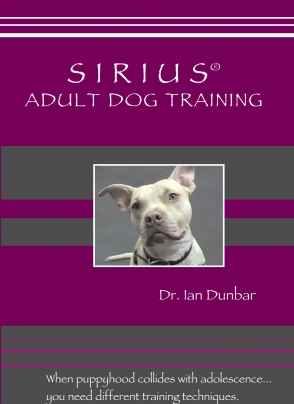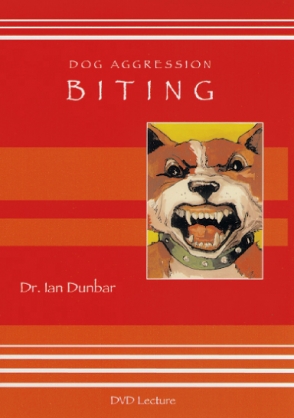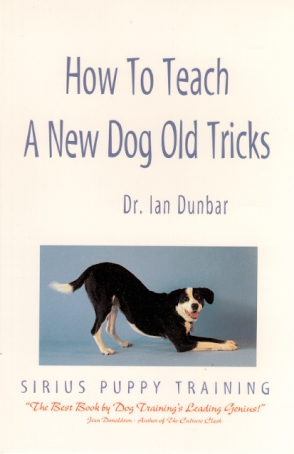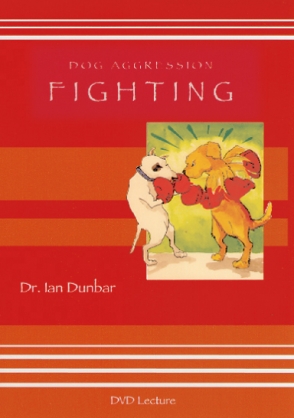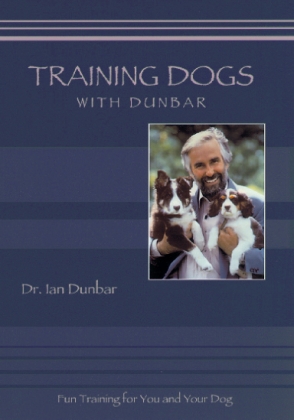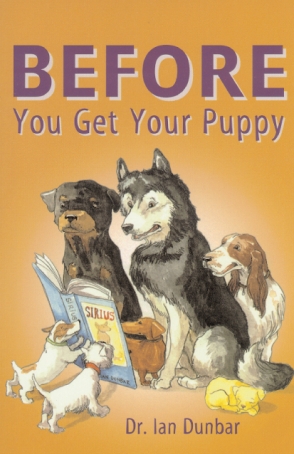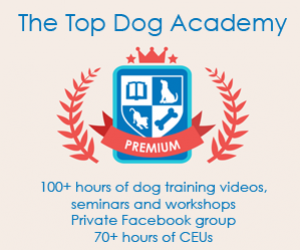When puppyhood collides with adolescence... you need different training techniques. Successful adult dog training requires controlling the dog’s energy and reactivity to regain attention.
Housebreaking Tips: Does rubbing a dog's nose in it's mess teach a dog where to eliminate?
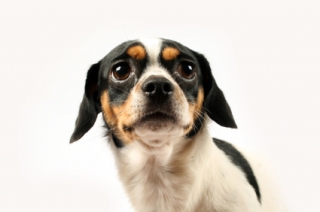
I received a question today from one of my Udemy SIRIUS® Academy students: “What do you say when a client tells you, in regards to puppy housebreaking, "Well I rubbed my dog's nose in his poop and he knew he was wrong and he never pooped in the house again."
Well, let's start with what we know. We know the client rubbed the dog's nose in the poop and if we believe the client, (which, by the way, I don't), the dog never had a housebreaking accident again. However, we don’t know that the dog "knew he was wrong". (We don't even know what our spouse, another human being, is thinking and so, how do we know what another species knows?) And we don't know whether the client's bizarre actions were the cure for the problem. Correlation does not necessarily imply causation. Maybe the problem simply got better despite "treatment", as is sometimes the case. For example, if the dog were pretty much housetrained and only soiled the house because it had a dire and pressing need and that there have been no more "emergencies" since. What we also know though is that the client doesn't really know what the dog is thinking. I mean, whether or not it worked, that's not a very friendly thing to do to a dog. And messy too! Now the feces is squished into the carpet and up the poor dog's nostrils. I would not be inclined to kiss the dog for a few days. Shame.
Regardless, I'd take the time to explain that rubbing the dog's nose in his feces does nothing to teach the poor pup where to properly eliminate. Nor does it enhance the trust or the relationship between the owner and the dog. It is much kinder and efficient to teach your dog the rules of the house proactively via a thorough and clear housetraining program. Let's give puppies the benefit of an education rather than punish them for natural and necessary behaviors.

